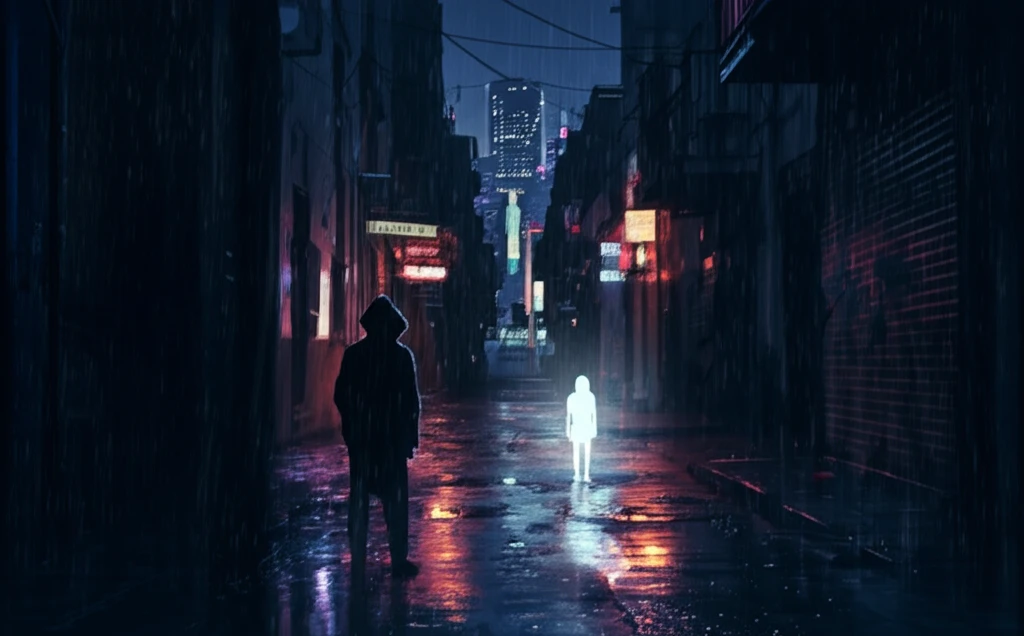
Unmasking the Abyss: How José Revueltas Confronts Humanity's Darkest Corners
"Explore the unsettling genius of José Revueltas, a writer who fearlessly delved into the human condition's most harrowing depths, challenging societal norms and exposing uncomfortable truths."
José Revueltas (1914-1976) stands as a towering figure in Mexican literature, often mentioned alongside Russian literary giants like Chekhov and Tolstoy. His work, however, possesses a unique and unsettling quality: an unparalleled capacity for depicting horror. Philippe Cheron aptly described Revueltas's mind as "bifronte (,) con una cara reflejaba el horror y (con) otra reía a carcajadas" ("two-faced, one face reflecting horror and the other laughing wildly"), capturing the essence of his ability to intertwine the macabre with moments of dark humor.
Revueltas is not easily digestible; his work demands confrontation with uncomfortable truths. As Elena Poniatowska observes, “A José Revueltas le era más familiar la muerte que la vida, el dolor que la alegría y, sin embargo, buscó siempre el calor de los hombres, el de los más desposeídos, los obreros, los campesinos, los ignorantes, los sin amor, los fracasados, los que terminan en la cárcel" ("Death was more familiar to José Revueltas than life, pain more than joy, yet he always sought the warmth of men, the dispossessed, the workers, the peasants, the ignorant, the loveless, the failures, those who end up in jail"). This quote encapsulates Revueltas's profound empathy for the marginalized, even while immersed in themes of suffering and despair.
Unlike other authors, such as Gabriel García Márquez, Revueltas did not rely on recurring characters. Instead, he crafted types – figures drawn from the underbelly of society, including not only the dispossessed but also the bourgeoisie, "En algún valle de lágrimas, nanas, directores escolares ebrios, chicas decentes, músicos callejeros" ("nannies, drunken school directors, decent girls, street musicians"). This approach allowed him to explore systemic issues and societal decay through a diverse cast of characters, making his critiques all the more potent and far-reaching.
Deconstructing Terror: Revueltas's Unique Brand of Horror

Revueltas distinguished himself by grounding his terror in the realities of human experience rather than resorting to supernatural tropes. Unlike the fantastical horrors found in stories of werewolves or witches, or the primordial fears evoked by H.P. Lovecraft, Revueltas focused on the horrors within the human condition itself. He meticulously depicted the interplay between extremes, exposing the darkness that lurks beneath the surface of everyday life.
- Unflinching Descriptions: He spared no detail in depicting the harsh realities of poverty, violence, and degradation.
- Social Critique: His works often served as indictments of societal structures that perpetuate suffering and inequality.
- Psychological Depth: He delved into the psychological toll of marginalization, exploring the ways in which individuals are shaped by their environment.
A Lasting Legacy of Unflinching Honesty
José Revueltas's work remains a powerful and relevant force in literature. His willingness to confront the darkest aspects of the human condition, coupled with his profound empathy for the marginalized, cements his place as a vital voice. Though his vision may be unsettling, it serves as a crucial reminder of the importance of social justice, human dignity, and the courage to confront uncomfortable truths. His characters, like El Muñeco and Elena, continue to haunt the streets, serving as potent symbols of a world that demands our attention and action.
